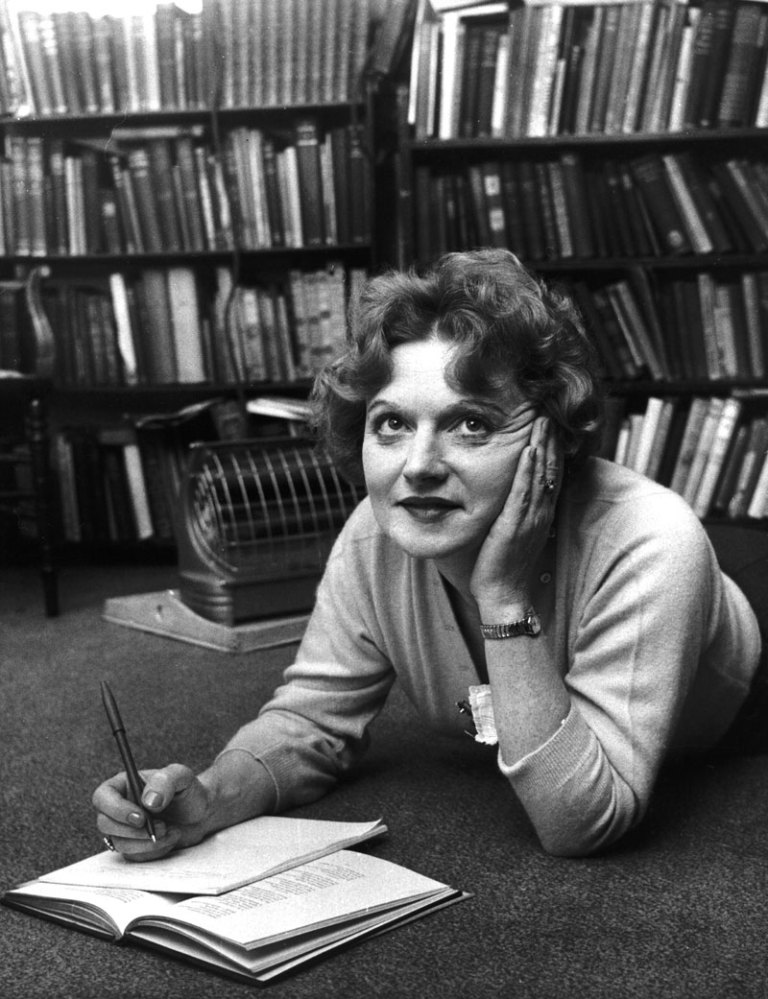Masters of Deceit: Introducing #SparkQuoteoftheWeek
Beatriz Lopez introduces a new series exploring Muriel Spark’s fictions of deception
Most critics have identified The Hothouse by the East River (1973) as the novel which most closely depicts Muriel Spark’s work for the Political Warfare Executive – its central character Elsa, like Spark, works for the organisation, transcribing military intelligence and taking Prisoners Of War for walks in her free time. However, activities associated with black propaganda – including forgery, blackmail, technological surveillance and postal censorship – permeate many of her other twenty-two novels as well, in subtle and highly original ways. Starting today we’ll be posting a Spark quote every Tuesday on @PWEpropagandist to highlight some of the ways in which Spark’s fictions echo the storytelling techniques deployed by the PWE.

Spark is particularly concerned with the threshold between truth and lies, as well as the historical contingency of truth, particularly in wartime. Her characters are masters of deceit, crafting plausible narratives which often become naturalized as dangerous myths (ahistorical ideologies promulgating totalitarian understandings of the world); Jean Brodie (The Prime of Miss Jean Brodie), Abbess Alexandra (The Abbess of Crewe) and Hubert Mallindaine (The Takeover) are just some examples of Spark’s mythologisers. More broadly, Spark’s fictions are repeatedly animated by the uncanny power of the media (wireless, telephone and cinema) and the supernatural (disembodied voices, demonic beings and the evil eye) which propagate misleading representations of reality. These deceptions do not simply go unchecked, and are often confronted and exposed in Spark’s investigations of how far characters can go to justify the morality of their actions.
Follow us at @PWEpropagandist for #SparkQuoteoftheWeek, where we’ll be posting some of the best deceptive writing from Spark’s literary oeuvre.
